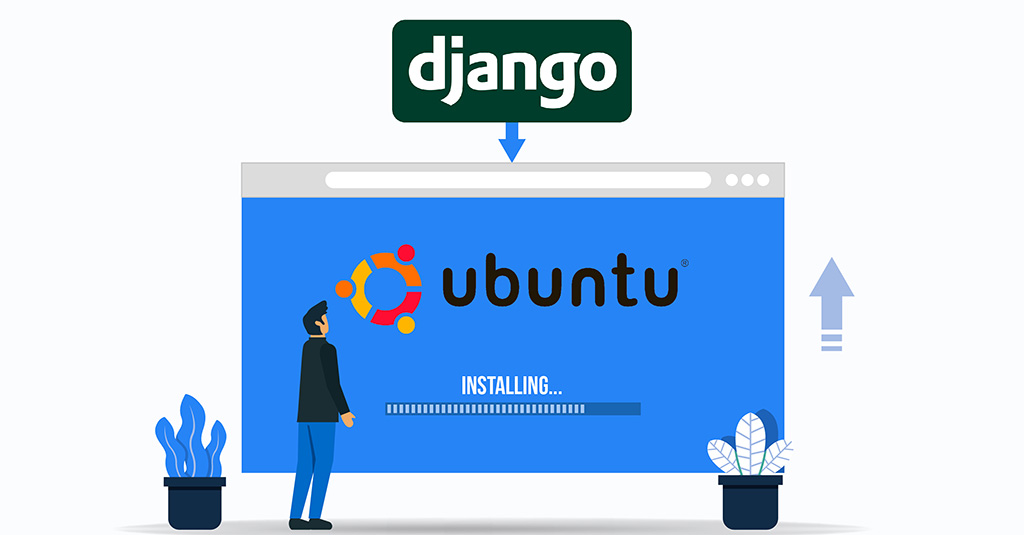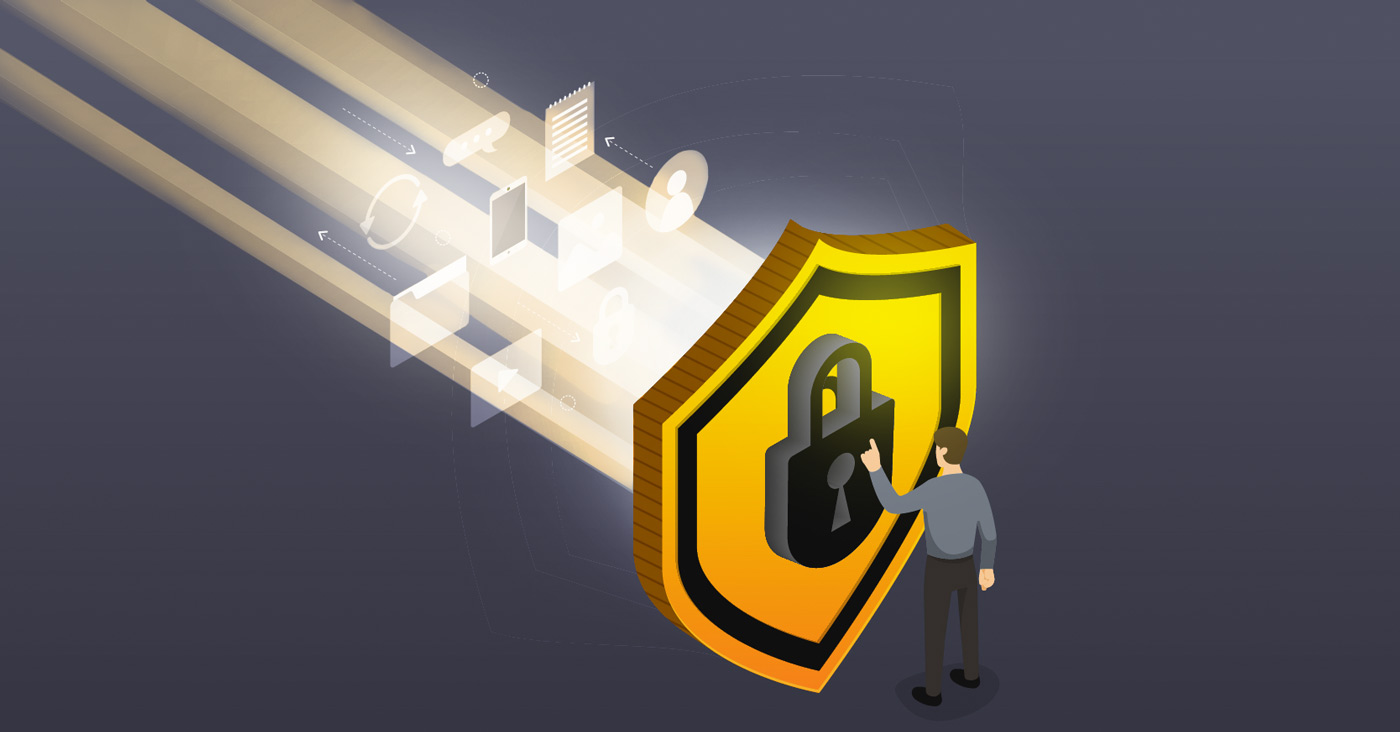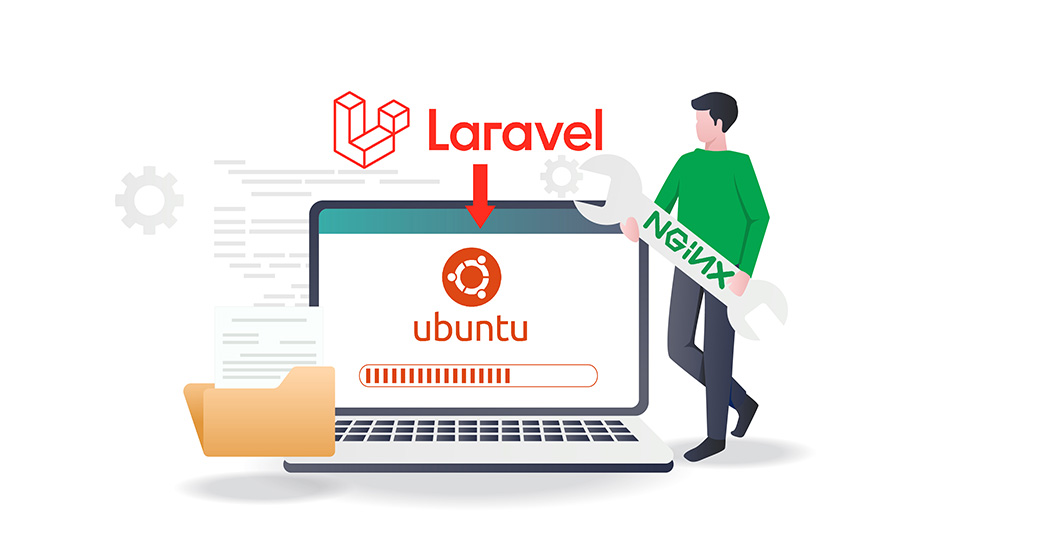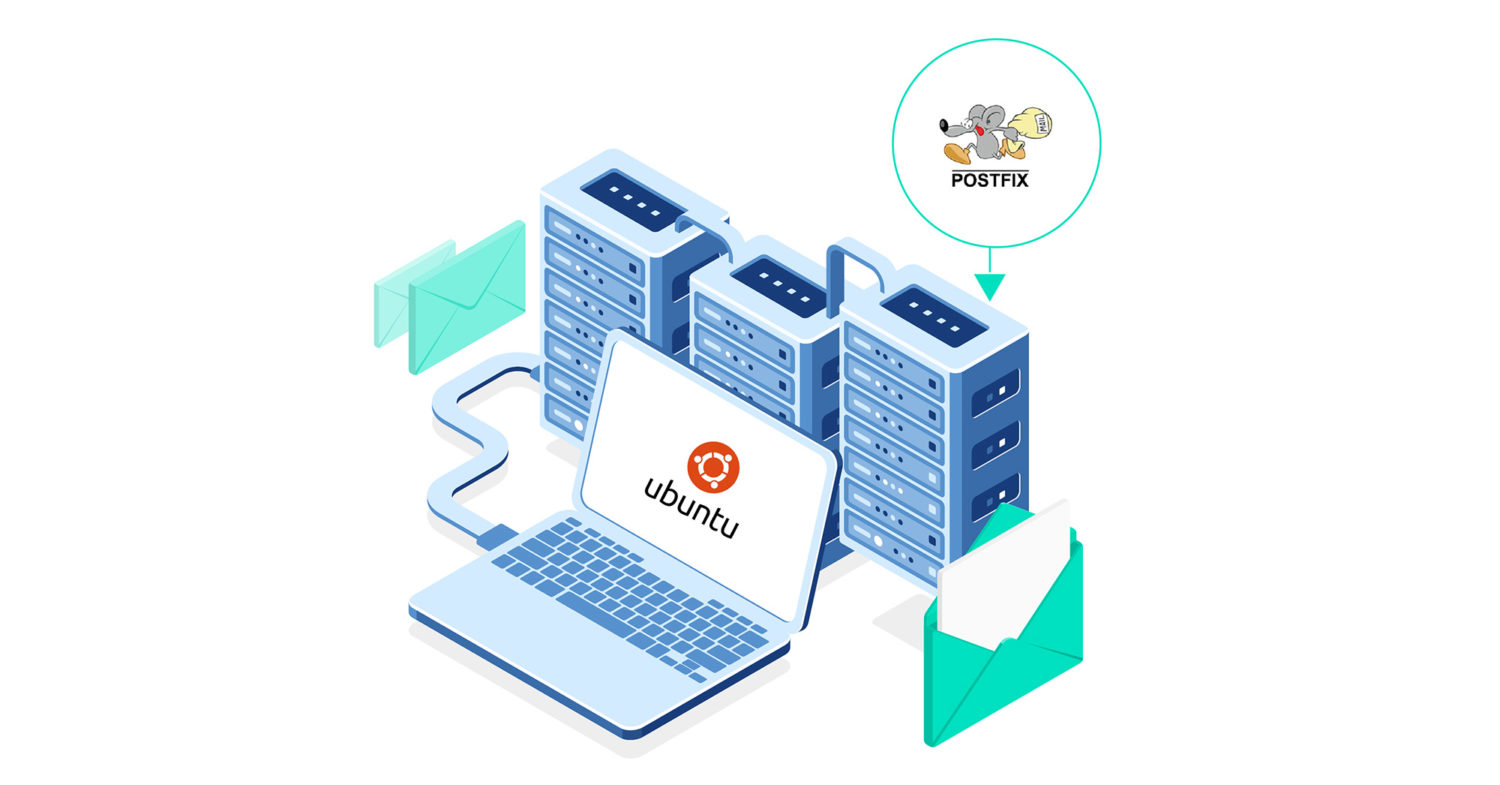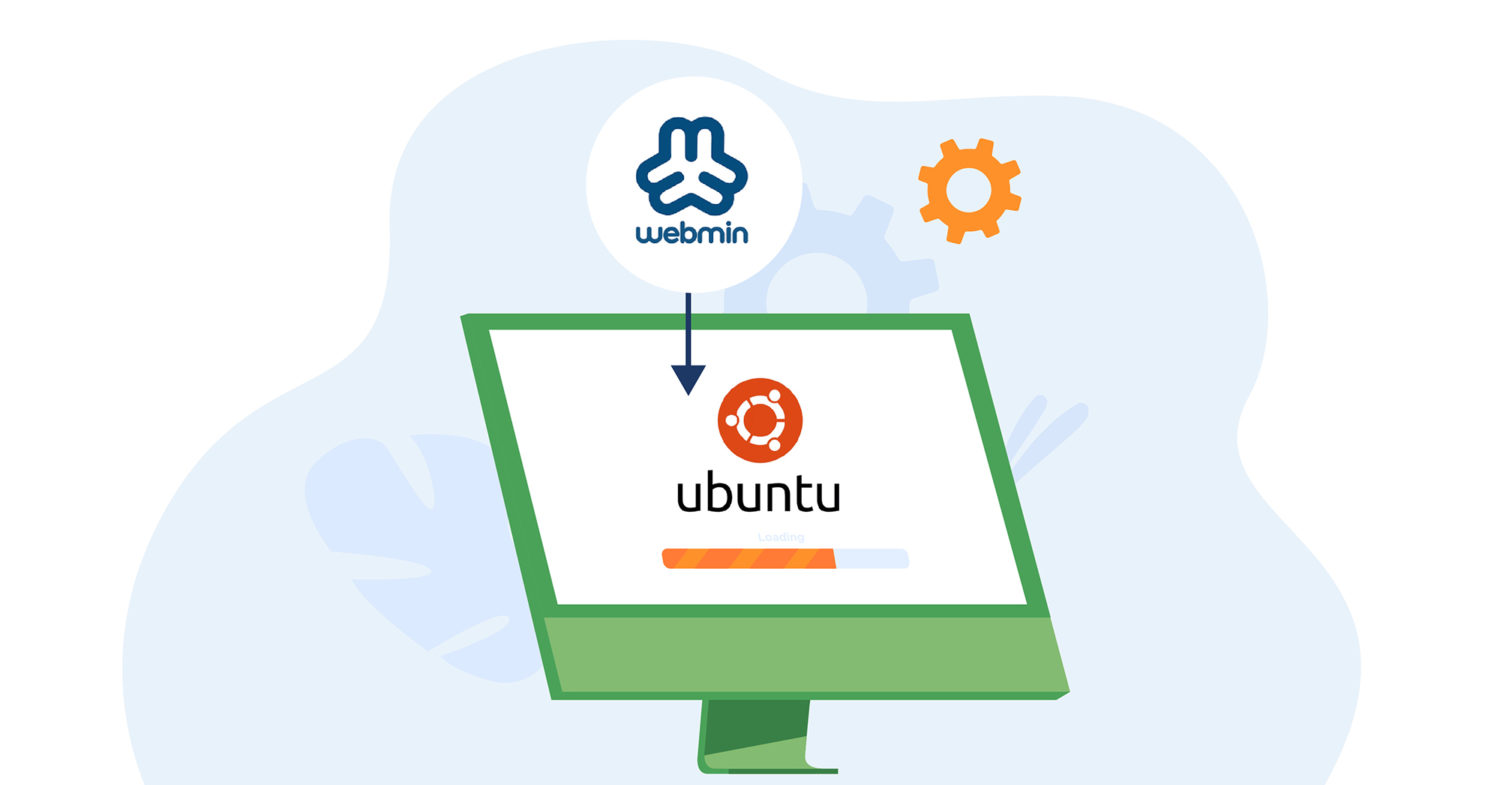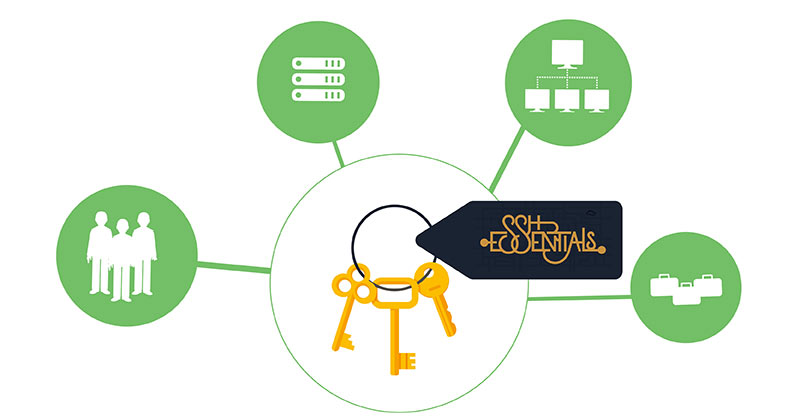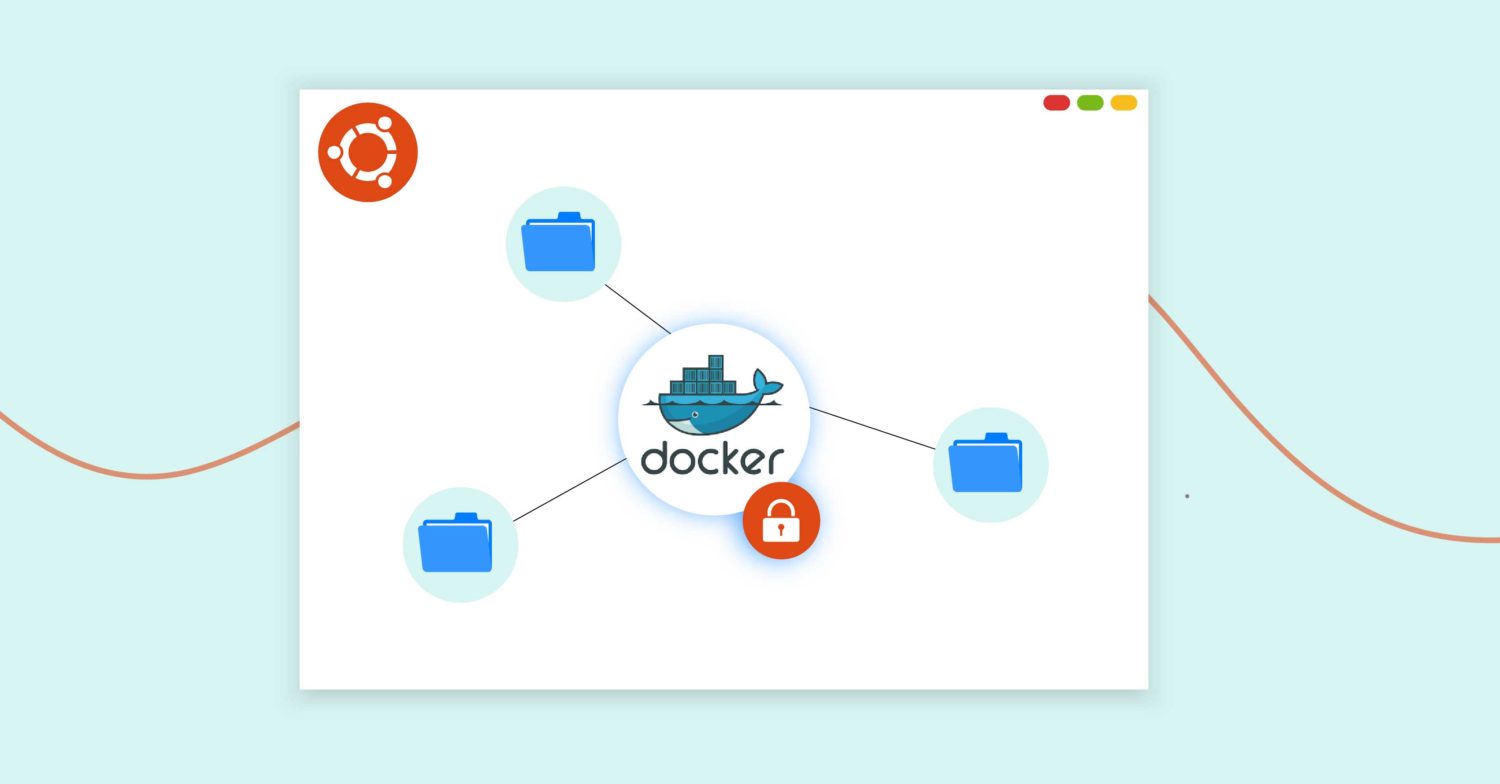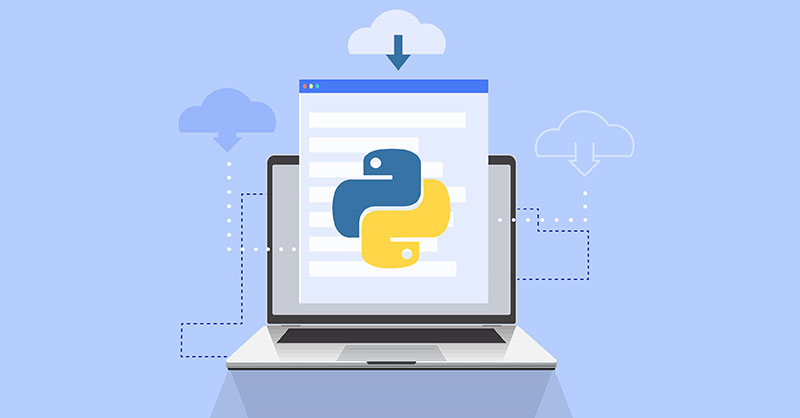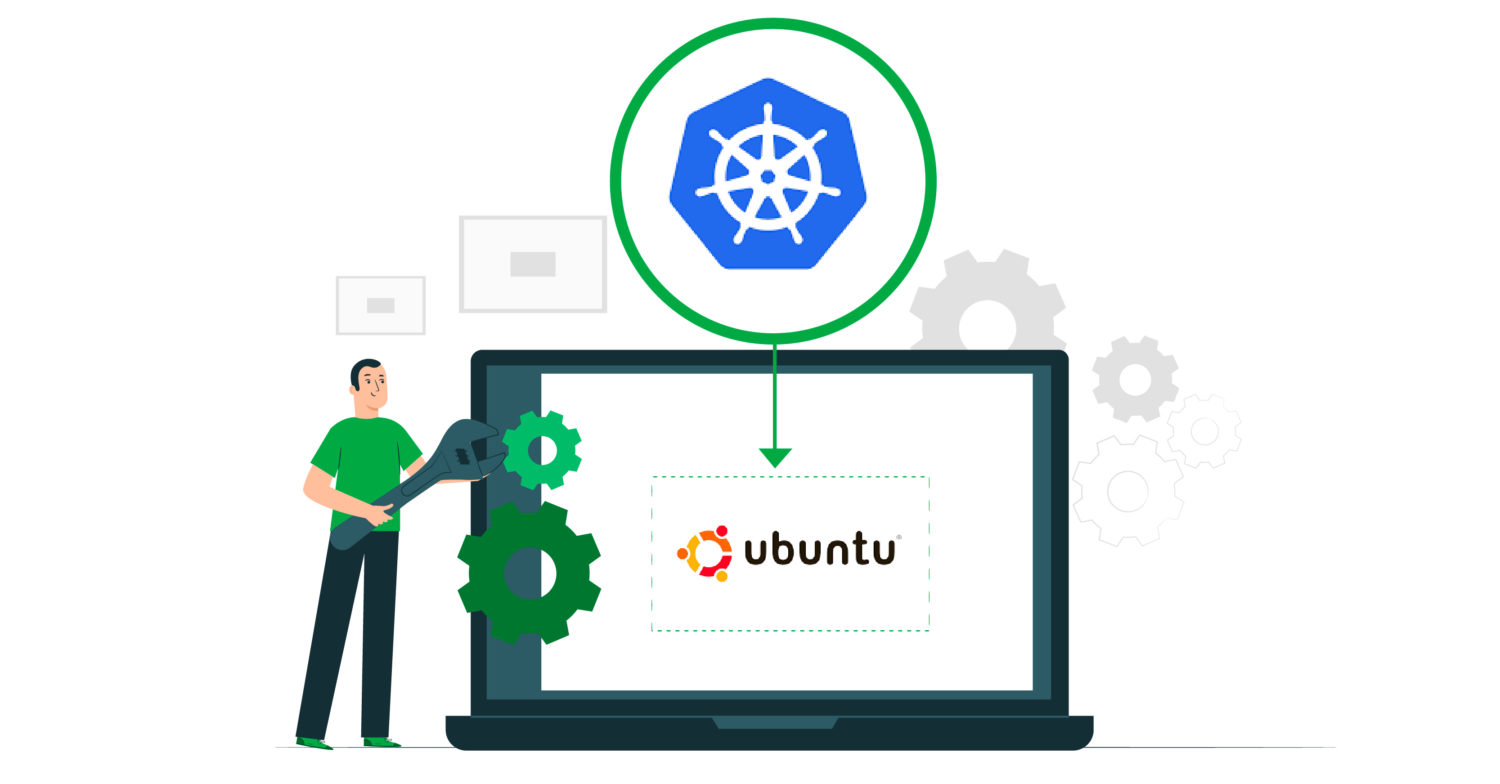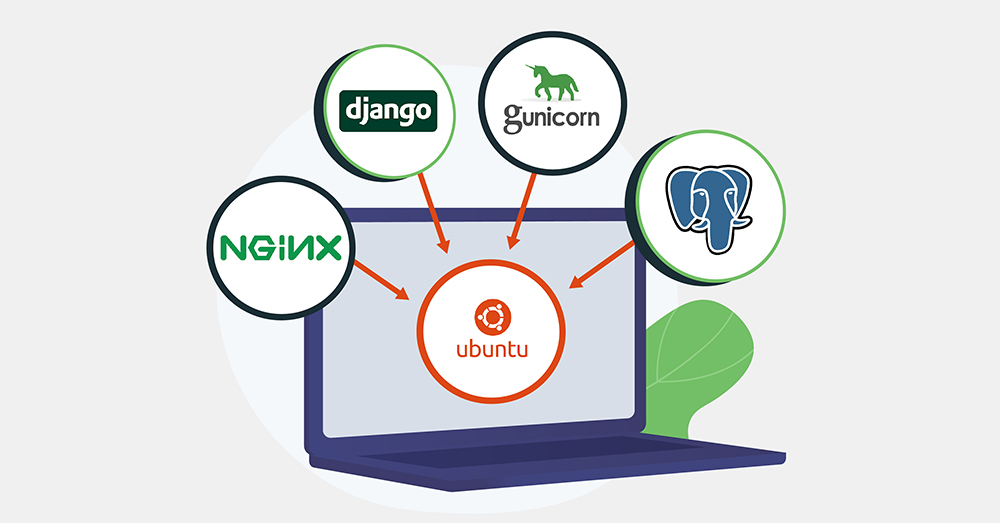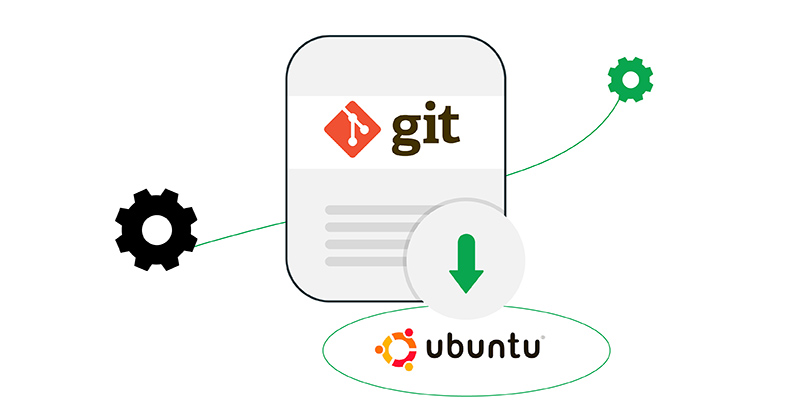Django is a high-level web framework that allows the rapid development of secure and maintainable websites. It’s a free and open-source framework written with Python. Django is also popular for additional features like performance, security, scalability, portability, and maintainability. This guide will demonstrate how to install Django and set up a simple web app on Ubuntu 20.04. Django on Ubuntu …
Configuring a Firewall with UFW on Ubuntu 18.04
A firewall is one of the core components of securing a system. It’s responsible for managing the incoming and outgoing connections over the network. It’s the primary line of defense for your servers and data. This is why it’s paramount to have a well-configured firewall. In this guide, we will walk you through the steps of setting up a firewall …
Installing and Configuring Laravel with Nginx on Ubuntu 20.04
Introduction Laravel is a web application framework that comes with a set of built-in tools and resources to develop modern PHP applications. It’s well-known for its reliability, performance, efficiency, modularity, and security. Because of its various built-in features, Laravel has seen incredible growth in its popularity. Many developers are adopting Laravel to streamline the web development process. This guide will …
Installing and Configuring Postfix as a Send-only SMTP Server on Ubuntu 20.04
Postfix is a popular free and open-source software that acts as a mail transfer agent (MTA). The job of Postfix is to route and deliver emails. Besides the classic usage, Postfix can also be configured to send emails by local applications only. This application of Postfix is a useful trick to deploy in various situations. For example, it can be …
How to Install Webmin on Ubuntu 18.04
For system administrators, Webmin is a boon. It’s a web-based control panel that allows managing a Linux machine remotely, using a modern web-based interface. Webmin can change various system configurations on the fly, including web servers and databases. It can also manage users, groups, and software packages. In this guide, we will walk you through the steps of installing and …
SSH Overview – SSH Servers, Clients, and Keys
When it comes to remote computing, SSH is one of the most popular and secure protocols. SSH is a cryptographic network protocol that establishes a secure connection with remote devices. Upon connecting to a remote device, a user can run commands on the remote shell. SSH is most common among network and system administrators. This cheat sheet-style guide demonstrates an …
Setting Up a Private Docker Registry on Ubuntu 18.04
Introduction Docker Registry is a centralized application that handles the delivery and storage of various Docker container images. This collection of container images saves a lot of time for developers. Docker images provide the exact same environment as to how it was built using virtualization. Thus, building Docker images takes a good amount of time from developers. A good example …
Importing Modules in Python 3: A Comprehensive Guide
Introduction Most of us are familiar with Python as a programming language. One of the great things about Python 3 is the myriad of built-in functions it offers. You get access to these functions when you are using Python 3 to write different types of code. Before we start, take a look at our tutorial on installing Python 3 and …
How to Install and Use Kubernetes on Ubuntu 20.04
Introduction Kubernetes is an open-source tool that is crucial in container orchestration. Kubernetes works by orchestrating and managing clusters at scale across various cloud environments or even on-premise servers. A cluster is a set of hosts meant for running containerized applications and services. A cluster needs a minimum of two nodes to work – one master node and a worker node. Keeping …
Setting up Django with PostgreSQL, Nginx, and Gunicorn on Ubuntu 20.04
Django is a free, and open-source web application framework that’s built in the Python programming language. Django is super-fast, secure, and highly scalable. At the hand of a skilled developer, Django can quickly establish a powerful website. It can seamlessly integrate with popular web servers (Apache, Nginx), and databases (MySQL, MariaDB, PostgreSQL, Oracle, and SQLite), etc. Django powers some of …
Installing and Using Composer on Ubuntu 18.04
Composer is a popular PHP dependency management tool. It is primarily leveraged to assist in project dependency updates and installation. It works by checking and verifying the versions of other packages that are appropriate for project requirements and dependencies and installing them for your convenience. In this tutorial, we will walk you through the steps of installing Composer on Ubuntu …
How to Install and Configure Git on Ubuntu 18.04
Introduction In software development, versioning is an incredibly powerful tool. It allows the developer(s) to keep track of the software at the source level. Versioning helps to keep track of changes, reverting to previous stages, and branching out to create alternate versions of files and directories. Among all the version control systems, Git is probably the most popular one. In …


